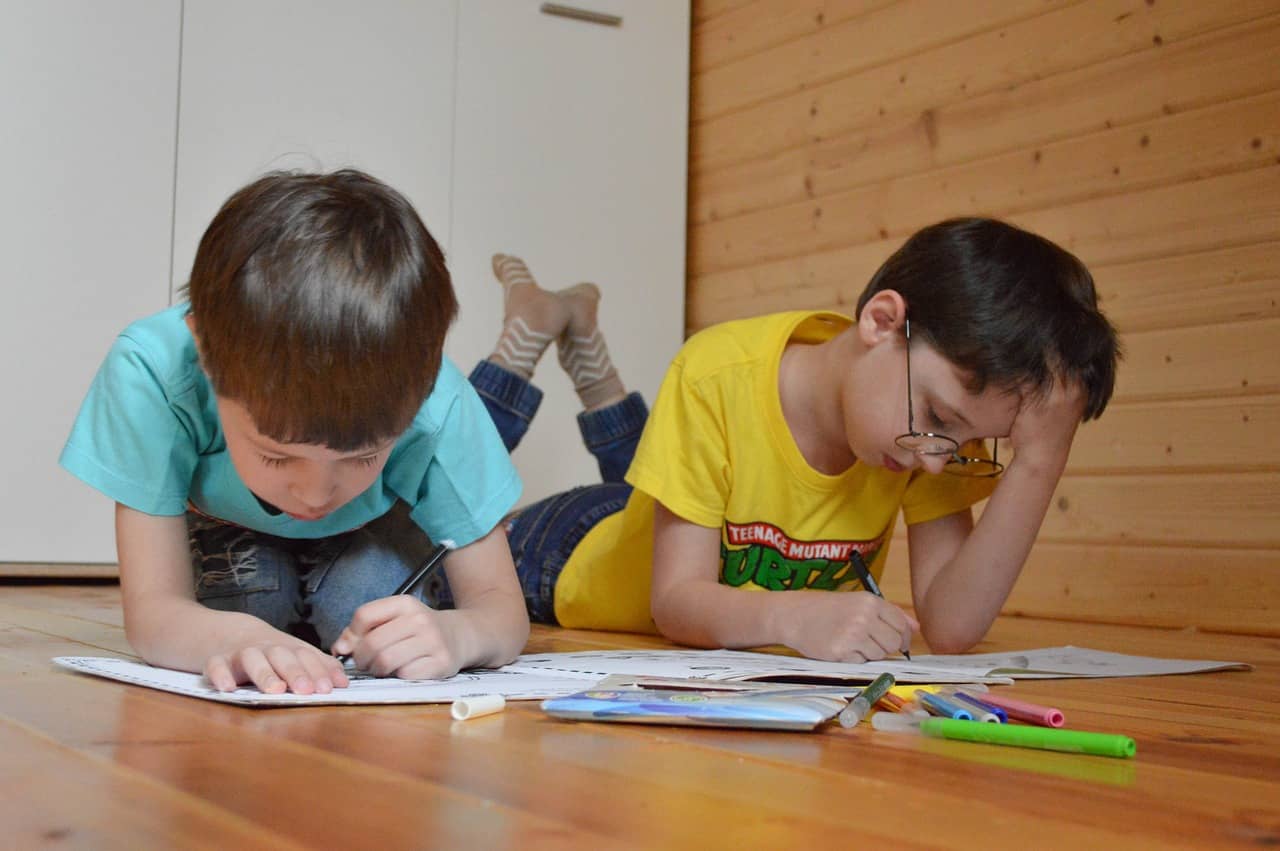Estimated reading time (in minutes)

In the event of the separation of a binational couple , the question of the residence of the child can become very complicated if the parents no longer want to live in the same country. Where will the child live? Who will decide on the terms of residence?
Who decides on the residence of the child?
In Europe, it is the judge of the place where the child usually resides who decides the place of residence. This is also the case in many other countries, such as the United States, for example. There are countries that do not recognize the jurisdiction of a foreign judge, but this is relatively rare.
There are a few exceptions. This is particularly the case if the parents divorce: if both parents agree, it may be the judge who has been seized of a divorce application who will also decide on the place of residence of the child. Moreover, if it is a request motivated by urgency, you can go to the judge of the European country where the child is at that time. The decision will then be temporary.
What are the residency requirements?
When a binational couple separates, or when a French couple separates and one of the two parents goes to live abroad, the judge will make his decision according to the best interests of the child. He will verify that the parent who wishes to have the main residence of the child abroad meets certain criteria. In particular, he will look at whether the child will be assured of having a bilingual education and whether he will have contact with the other parent. He checks that there is indeed a right of visit and accommodation depending on the distance.
If both parents live in Europe, it will be possible for the parent who does not have the main residence to come and see their child twice a month, for example. The difficulty arises especially when the two parents are very distant. It is up to the judge to decide if it is in the interest of the child to leave with the parent who wishes to take him abroad. This situation is resolved on a case-by-case basis.
Can the judge’s decision be challenged?
It is possible to appeal, but you have to think carefully before because the decision is enforceable as long as the Court of Appeal has not ruled otherwise. The risk is to uproot the child again, when he has started a new life abroad: he has been enrolled in school, he has made new friends… The Court will pay attention to these elements before agreeing to be seized. If there were errors by the judge at first instance, it is easier to get the file reconsidered. In very specific cases (if, for example, the judge has not respected the right of defence, ie if he has not allowed each party the right to express the same way, or has accepted documents that he should not have accepted), urgent proceedings can be brought before the First President of the Court of Appeal.
Leaving the territory
When a parent moves the habitual residence of a child to another country, without the authorization of the judge of that country or of the other parent, it is a wrongful removal. When the parent goes on vacation and does not return with the child, this is unlawful retention. In both cases, there are civil and criminal penalties.
If his ex-spouse leaves with his child abroad without his authorization, it is then necessary to seize the French Central Authority at the Ministry of Justice – which manages the international movements of children – to request the return of the child in his country. This is possible in countries where the Hague Convention has been signed. France will transmit the request to the foreign country and it is the judge of the country where the child is detained who will decide whether or not to return, but without deciding with whom the child will live. Very often, he sends the child away, unless he considers that there is a real danger for him.
Société d’Avocats DAMY , Nice, How is the residence of a binational child determined? 2022 Update
